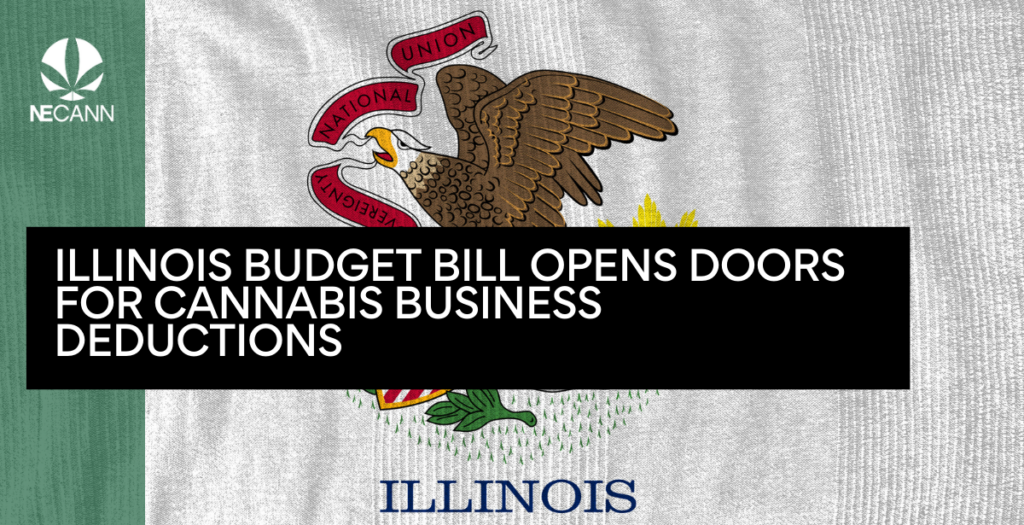The recent budget bill passed in Illinois carries significant implications for the state’s cannabis industry. According to a report from Tenth Amendment Center, the bill includes provisions that eliminate the state’s conformity with IRS Code 280E, allowing licensed cannabis businesses to claim normal business deductions. This move is expected to provide much-needed relief to canna-businesses that have been restricted by the federal tax code.
Removing Restrictions on Business Deductions
Section 280E of the IRS Code has long been a burden for cannabis businesses in states where cannabis is legalized. It disallows the deduction of ordinary business expenses associated with the “trafficking” of Schedule I or II substances, as defined by the federal Controlled Substances Act. However, the budget bill in Illinois will now enable state-licensed cannabis businesses to claim deductions for these otherwise ordinary expenses. This change is a significant step forward in treating cannabis businesses like any other legitimate enterprise.
Additional Provisions in the Bill
Apart from the removal of 280E conformity, the budget bill also allocates funds to a cannabis development fund. This financial support aims to foster the growth and development of the cannabis industry in the state. Additionally, the bill extends the deadline for conditional cannabis business licensees to find a physical storefront, providing more time and flexibility for license holders to establish their operations.
Anticipated Impact and Significance
The Illinois legislature has approved the budget bill, and Governor J.B. Pritzker is expected to sign it into law. This development marks a positive stride toward creating a fair and equitable environment for cannabis businesses in the state. By allowing deductions for normal business expenses, Illinois joins the ranks of states like New Jersey and Minnesota, which have taken similar steps to decouple their tax regimes from IRS Code 280E.
A Positive Shift in Policy
Experts and industry advocates have long criticized Section 280E for its adverse impact on cannabis businesses. The National Cannabis Industry Association’s policy paper highlights that the provision discourages tax compliance and penalizes those who operate transparently within the bounds of the law. The removal of this restrictive provision presents a new era of opportunities for cannabis entrepreneurs and encourages the growth of the industry.
Illinois’ budget bill marks a significant turning point for the state’s cannabis industry. By eliminating conformity with IRS Code 280E, the bill paves the way for state-licensed cannabis businesses to claim normal business deductions. This change will provide much-needed financial relief and foster growth within the industry. As other states follow suit, it becomes increasingly evident that cannabis businesses deserve fair treatment and the chance to operate on a level playing field with other sectors of the economy.
Stay ahead in the evolving cannabis world. Subscribe to NECANN for the latest updates and trends.




